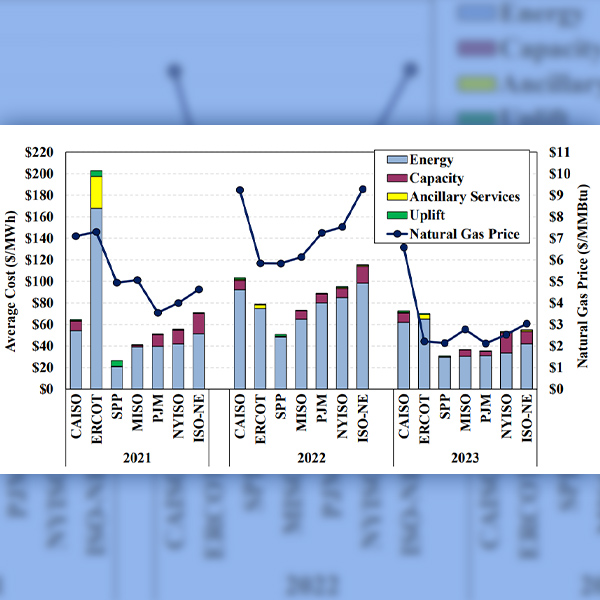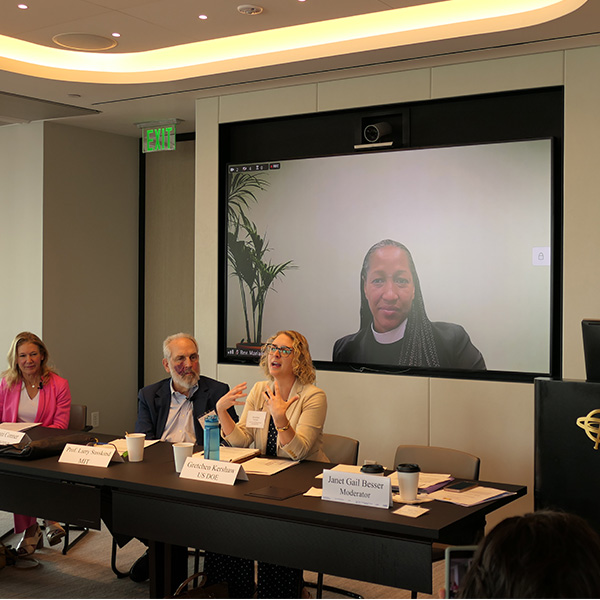ISO-NE
ISO-NE Consumer Liaison GroupISO-NE Planning Advisory CommitteeNEPOOL Markets CommitteeNEPOOL Participants CommitteeNEPOOL Reliability CommitteeNEPOOL Transmission Committee
ISO New England Inc. is a regional transmission organization that oversees the operation of the electricity transmission system, coordinates wholesale electricity markets, and manages power system planning for the states of Connecticut, Rhode Island, Massachusetts, Vermont, New Hampshire, and most of Maine.
The ongoing feud between Connecticut utilities and their regulators has spilled over into the state's efforts to implement performance-based regulation for its electric utilities.
ISO-NE presented the initial scope of its work to coordinate resource capacity accreditation improvements with proposed capacity market timing changes at the NEPOOL Markets Committee summer meeting.
Construction on Avangrid’s hotly contested New England Clean Energy Connect transmission project has made significant progress following a two-year pause, according to a filing submitted to the Maine Public Utilities Commission.
NEPOOL held its annual summer Participants Committee meeting in New Hampshire during a multiday stretch of extreme heat and high demand on the New England grid.
ISO-NE announced its plans to increase the transfer limits of three interfaces in Maine at the Planning Advisory Committee’s meeting.
FERC has accepted the results of ISO-NE’s forward capacity auction 18, finding the auction was run according to the rules of ISO’s tariff and protests submitted by climate activists were outside the scope of the proceeding.
Early and meaningful engagement with host communities will be an essential component of expediting energy permitting and siting processes, panelists said at a New England Electricity Restructuring Roundtable.
NEPGA and CPV offered amendments to ISO-NE’s proposed changes to the financial assurance provisions for the Forward Capacity Market.
ISO-NE’s Order 2023 compliance filing received mixed responses in comments from a range of clean energy stakeholders, drawing support from several large trade associations along with protests from multiple companies.
Governance structures and market rules at ISO-NE that favor incumbent interests have contributed to pushing the region into costly and carbon-intensive reliability solutions, law professor Joshua Macey told the Consumer Liaison Group.
Want more? Advanced Search










